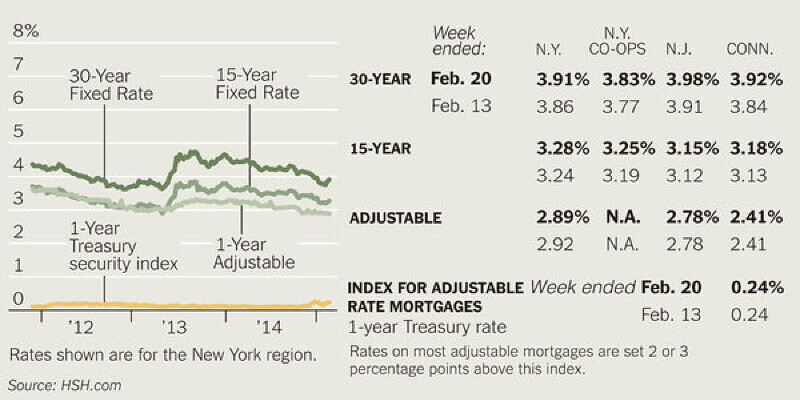Appraisals are an essential portion of the loan approval process, because they determine whether a residence is worth the purchase price. If a residence is not worth the purchase price, it makes it that much harder to get a lender to recoup the loan balance in the event of default. An evaluation must reflect the marketplace at the moment of sale. To try it, appraisals have to be timely and use the latest data.
Time Frame for Comps
Most lenders want to see comparable sales (comps) that are no more than six months old in order to receive a realistic photo of the marketplace surrounding the appraised house (subject home). It’s more significant for an assessment to use comps that don’t require many adjustments to make them match up with the subject residence, so lenders they will extend into a year on comps if newer comps are not offered.
Time Frame for Appraisals
Under many loan guidelines, evaluations don’t have a set expiry interval. But because lenders want comps that are no more than six months ago, an appraisal must be no more than six months . Many appraisers and lenders concur six months will be the maximum quantity of time that an evaluation holds a legitimate value, referred to as the”term of validity”
Exceptions
In markets that are quickly increasing or diminishing, loan underwriters may require appraisals that are more recent than six months. This is particularly true in a declining market. If a residence is worth much more in three to six months than it is now, as long as the residence is worth the purchase price, the lender does not really care because they will be able to recoup their money. If a house could be worth in half an hour than it is now, a lender will be very concerned about getting a precise value in order to ensure they will be able to recoup the amount of the loan. In this kind of marketplace, lenders might want an evaluation to be no more than 90 to 120 days old.
FHA Appraisals
FHA guidelines once called to get an assessment to be considered valid for six months before January 2010. Due to the number of foreclosures and reduction of property value that happened in the late 2000s, the FHA was concerned about covering possible losses because of improper evaluation values. Any loan applications happening after that date became subject to a 120-day term of validity. The FHA reserves the right to shorten that term in areas where the market values are falling quickly.
Extensions
Lenders may grant an extension of the term of validity if there’s legitimate cause or the marketplace allows for it. FHA guidelines state that they will grant 30-day extensions in order to permit a borrower additional time to receive close and approval. The FHA will also extend the term of validity to 240 days if the lender submits the correct paperwork and gets FHA approval.









